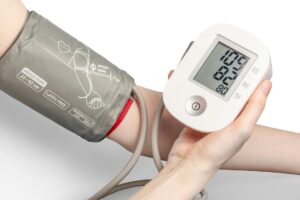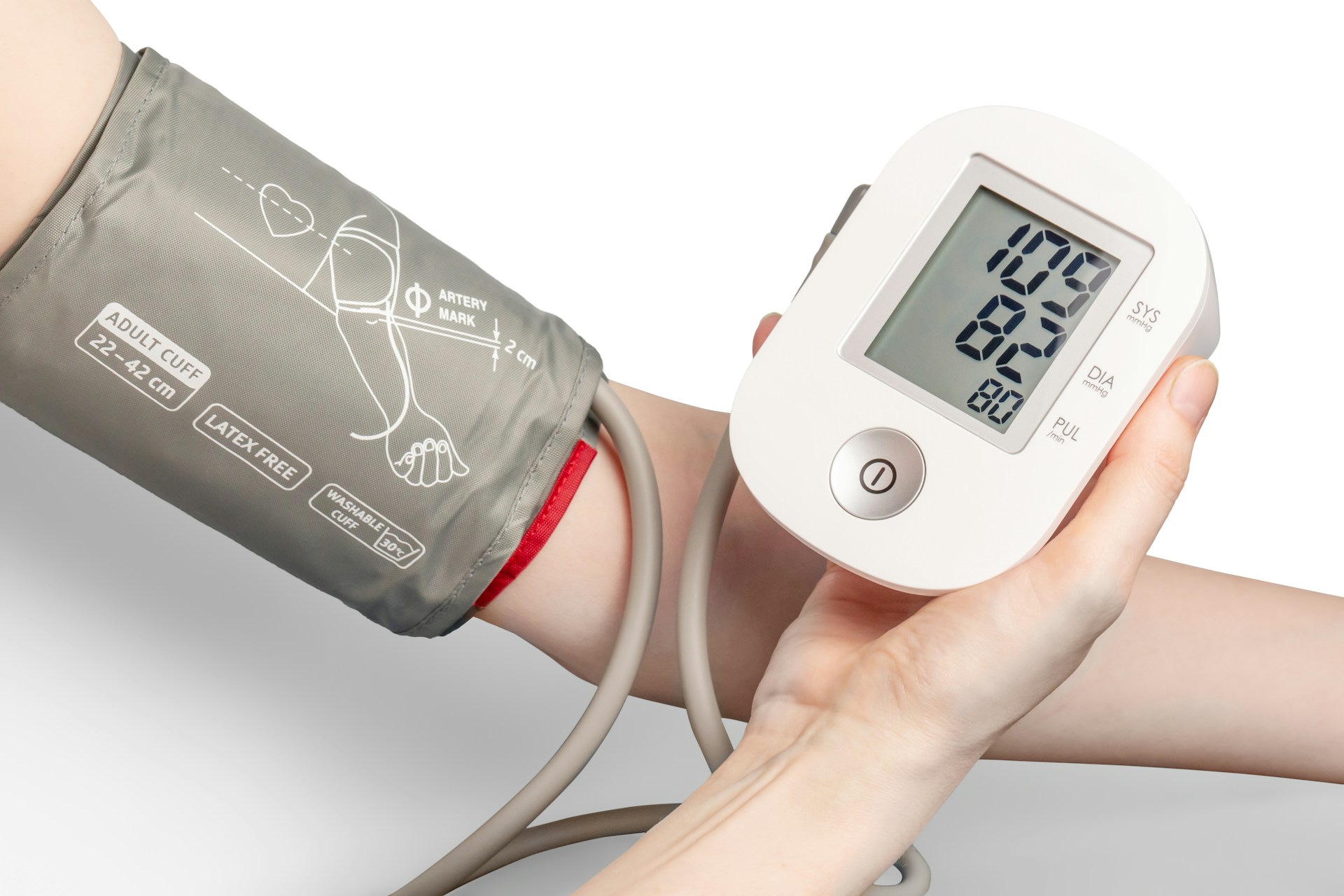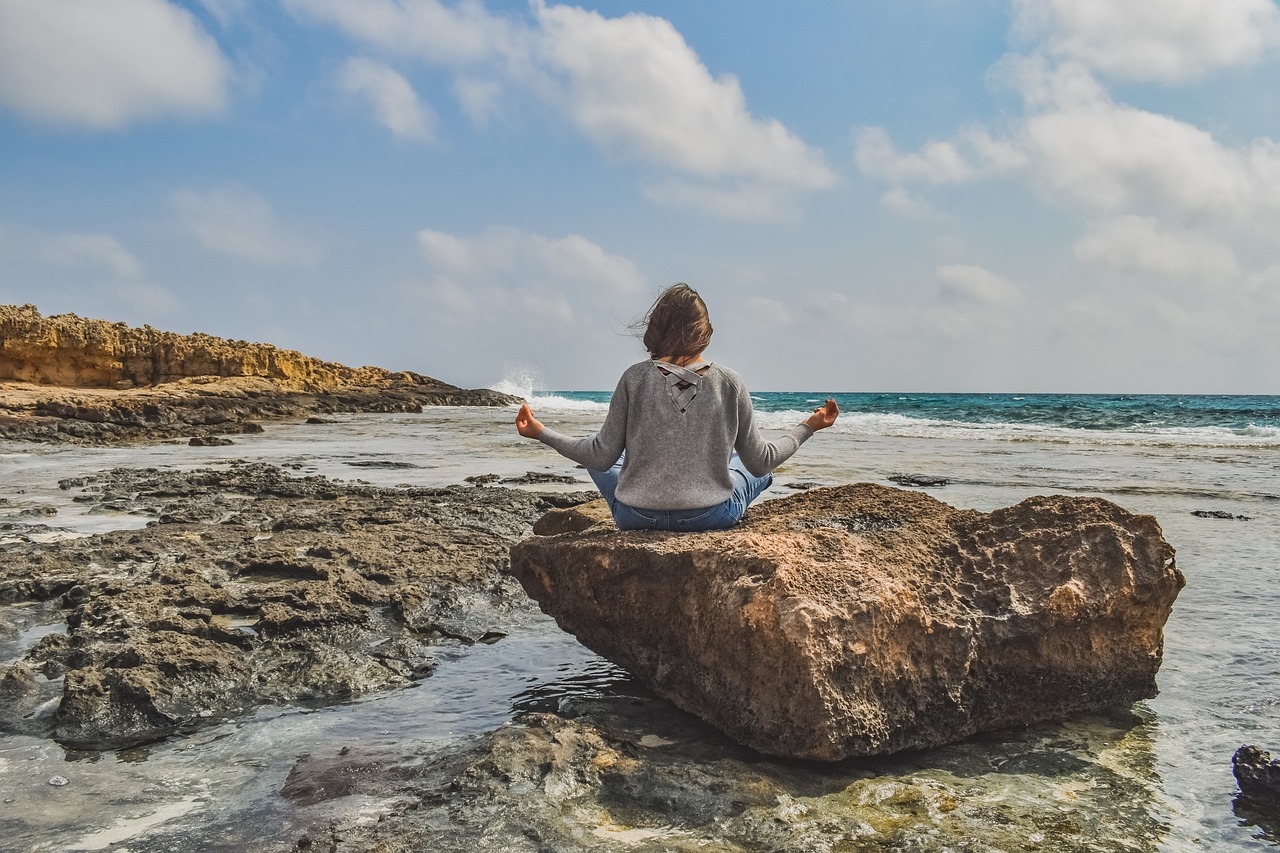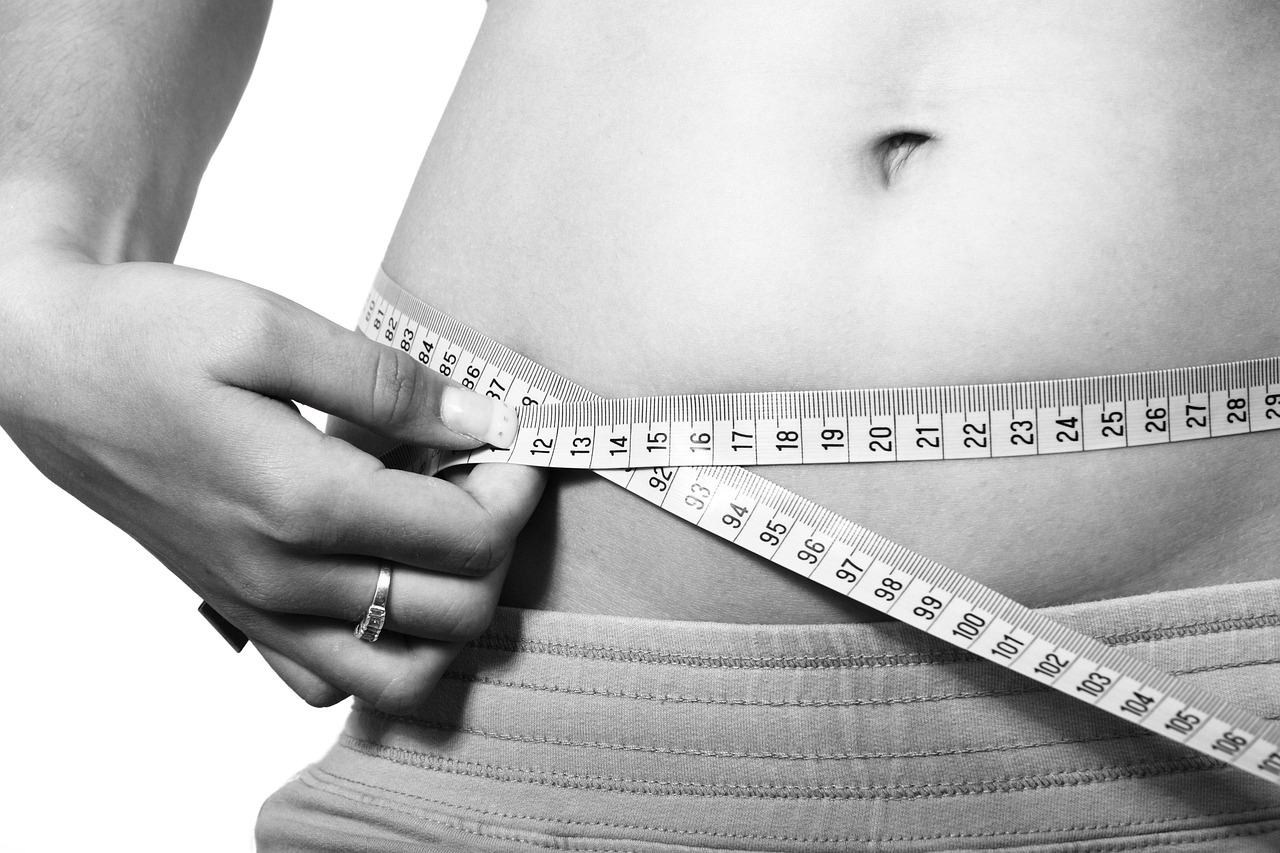Blood Pressure – High and Low
More than sixty million Americans have high blood pressure, which is closely related to heart attacks and strokes. The importance of lowering blood pressure cannot be overestimated, and many natural ways can help.
- Speak more slowly (those who speak quickly do not breathe properly and this can result in increased blood pressure).
- Lose weight if you are overweight (a controlled, sensible diet can significantly lower blood pressure in obese people).
- Eat less sodium and more potassium in your diet.
- Take less sugar.
- Cut out caffeine.
- Eat more onions and garlic.
- Stop smoking.
- Avoid tense situations or those that cause anxiety (everyday noise, even a TV set too loud, can cause tension and raise blood pressure).
- Exercise regularly (it can also be brisk walks) and rest properly.

A few specific foods are good to include in your diet because they are rich in nutrients that help lower blood pressure. Here are the top foods to eat:
- Citrus fruits such as grapefruit, oranges, and lemons.
- Salmon and other fatty fish
- Leafy green vegetables include cabbage, collard greens, spinach, and kale.
- Whole grains (especially oatmeal)
- Drinking beet juice may reduce blood pressure.
- Nuts and seeds such as pistachios, walnuts, almonds, pumpkin seeds, chia seeds, and flaxseed.
- Yogurt is also beneficial in lowering high blood pressure.
Low blood pressure, if it is not extreme, is a far more favorable condition than high blood pressure. Regardless, those who have low blood pressure often suffer from light-headedness or dizziness, blurry vision, pale-clammy skin, and fainting.
Those who have low blood pressure may benefit from increasing their salt intake, foods high in vitamin B-12, and drinking more fluids.














Post Comment